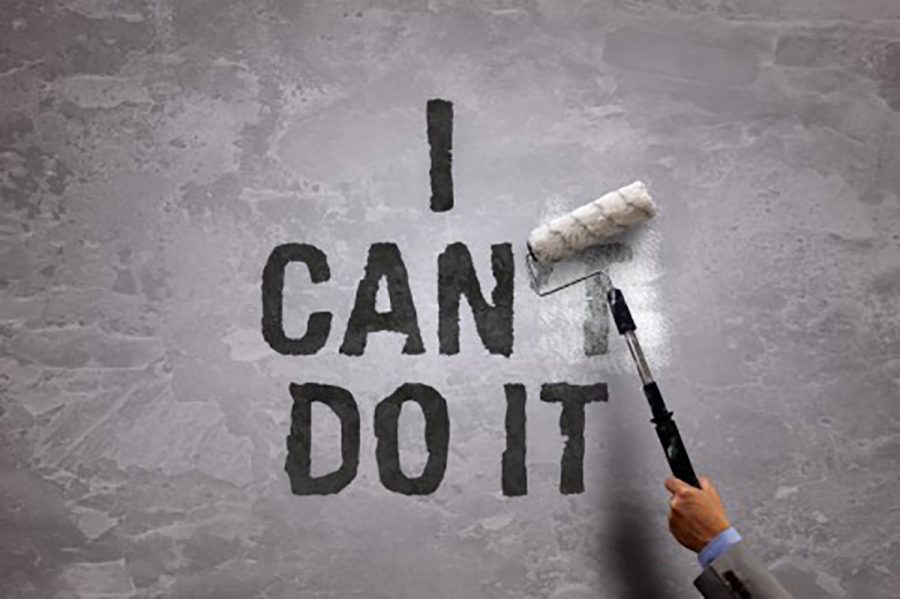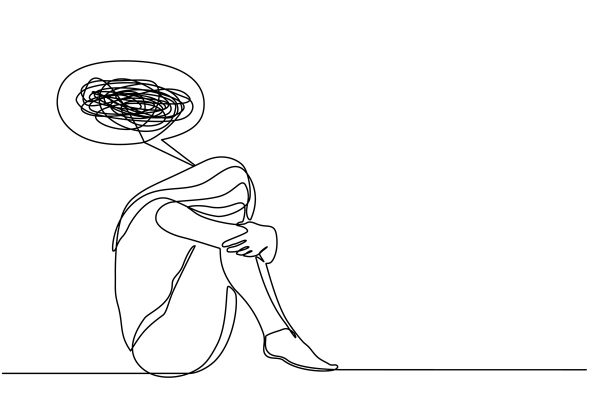The Power of ‘Can’t’
Taking accountability for the responsibility we owe ourselves
Photo by Submitted
There are a plethora of words that have entirely different meanings than what they literally mean — including the word ‘literally.’
Some examples include: Literally, Awesome and Forever; the list goes on and on.
I feel that we, as a society, are able to spot how these words have changed in their meaning. When someone says “I’m literally starving,” we are aware that they are not in fact literally starving, but rather, are very hungry.
We are aware that when something is “awesome” that it is not necessarily “inspiring awe,” as the Merriam-Webster dictionary would leave you to believe; though, it is probably pretty neat, or interesting.
But, a word that has entered this group chat of ignored dictation is “can’t.”
The difference between this word and the others that have lost their dictation is that it affects things in a much more impactful way.
We can do anything we want to. There are a lot of things we are capable of doing, but say we “can’t” and that’s a problem.
When we say “I can’t,” we are removing our responsibility for what we do and surrendering ourselves to what is decided for us — bringing to light our unwillingness to change our own situation.
Obviously there are limitations. There are some things we literally “can’t” do and I totally get that.
What bugs me about the word “can’t” is that it can be easy to use it as an excuse to downplay a person’s unwillingness to try and do what they want.
For example, a few months ago I had mentioned to an old friend that I want to end up in New York after graduation. They responded to that by saying they wished they could do that. I asked them why they couldn’t and all they said was this: “I just can’t.”
This really annoyed me because it felt like they were avoiding responsibility for their life and refusing to take that responsibility.
This person continued to say that they couldn’t ever move to New York because they would be too far away from family, too nervous to find a stable job that would allow them to earn enough to afford to live in the city and too nervous to line up a housing situation while juggling the job situation.
It made perfect sense as to why this would inhibit their desire to go to New York, but it does not in any way make them incapable of it.
I pressed on, explaining how if that were the case, then it doesn’t seem as though they really wish to. However, they turned around and said they would love to live in New York, but again saying they couldn’t ever actually do it.
But then, why not?
I proposed that, instead, they are perfectly able to and would even like to, but choose not to, because they would rather not live with those inhibitions than live in New York. They agreed to this.
And this may sound like I’m literally splitting hairs, but hear me out.
Initially, in this example, they had completely surrendered their privilege — their right — to do whatever it was they wanted: in this case, moving to New York. And that’s a little messed up.
Think of all the times that we do this on a daily basis — of all the things we are capable of doing, but decide not to.
I’m not saying to do everything, but just don’t say that there’s something you can’t do, unless of course you actually can’t.
Think of all the things that, at one point, we literally couldn’t do. We couldn’t walk, talk, run, read, spell, do math — just imagine if we had said we couldn’t and stopped right there.
Improving ourselves is being able to do things that we previously couldn’t. We learned how to walk, talk and so on; and we are capable of learning how to move to and live in New York.
Once we learn how, then we can choose whether or not we should.
So stop saying you can’t do something and own the fact that you can. You don’t need to validate the reasons to anyone but yourself — but you do have to confess their existence.
Maybe I’m crazy, but I can’t stand it.
Seward can be reached at [email protected].

Will Seward is a fourth-year creative writing major, minoring in physics and chemistry. Alongside The Spectator, he is also a co-host for Blugold Radio Sunday's shows: Blugold Literary Broadcast and How'd You End Up Here? Outside of these roles, he enjoys typewriters, photography and petting dogs.











Michelle • Sep 24, 2019 at 2:14 pm
Wonderful and thought provoking commentary; I completely agree with your ahem, just a minute please summation….. at my present station in life my thoughts are focused on I think I can. Retirement, the “golden years” tends to keep those of us who can….keep going…….the challenge for the minute,hour,day,week and so on. Love ya Will and enjoy your skillful writing ability.